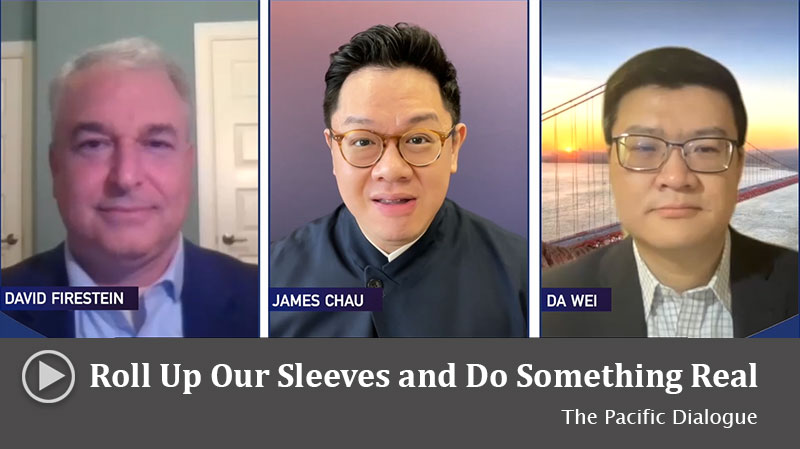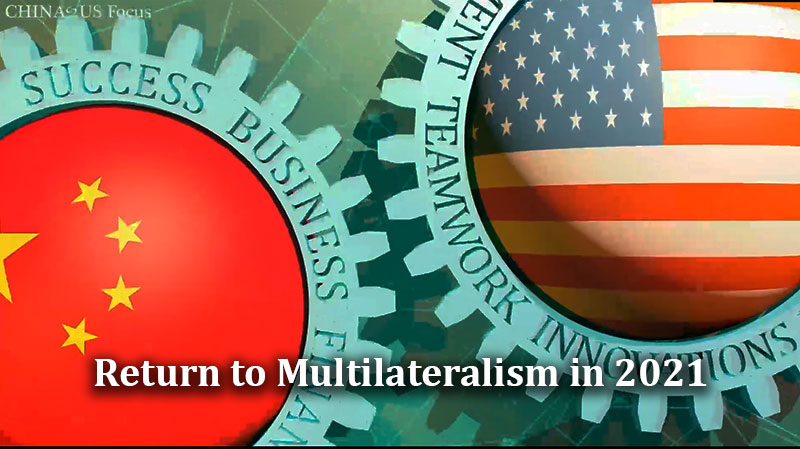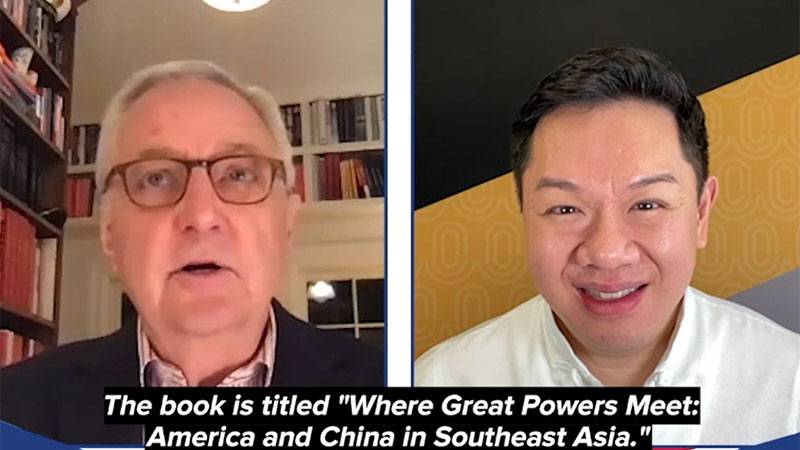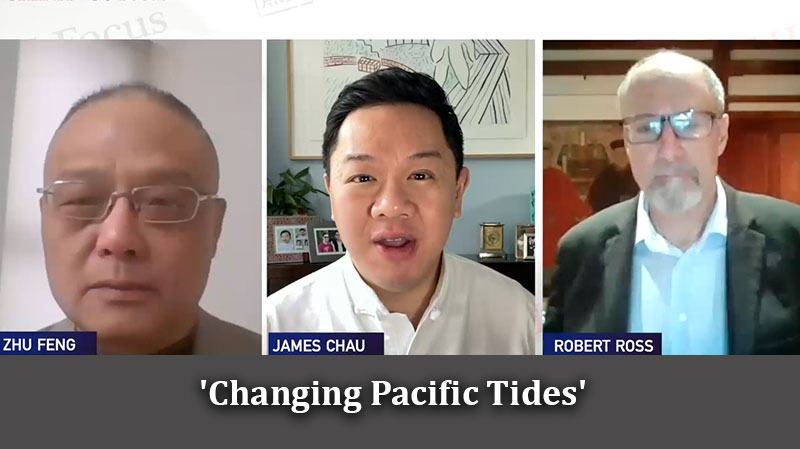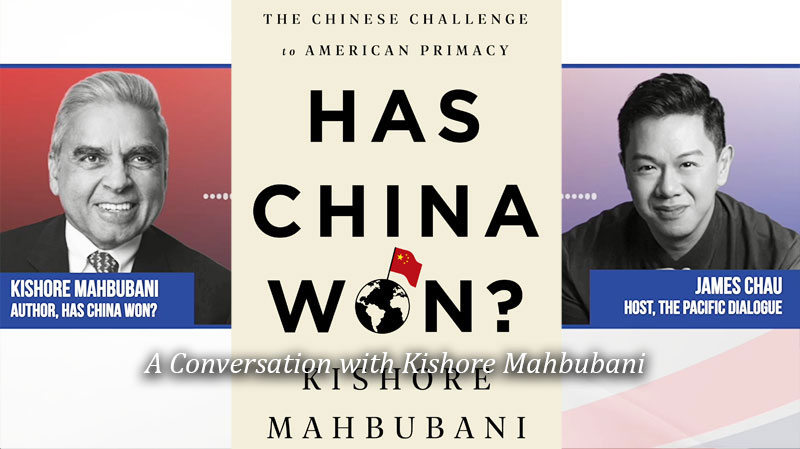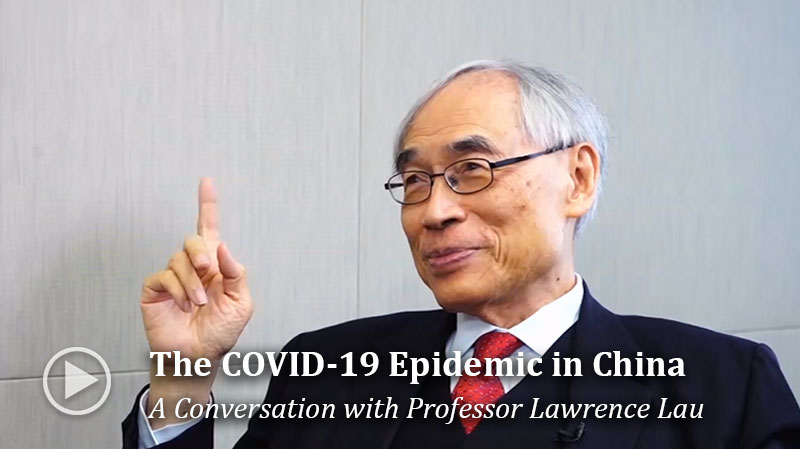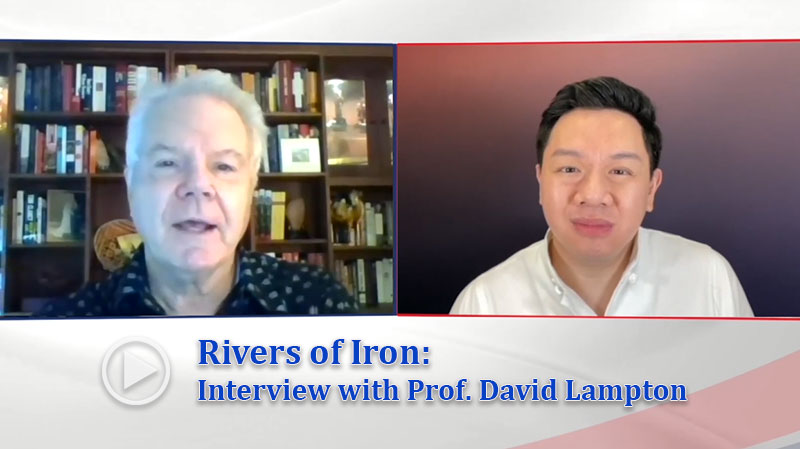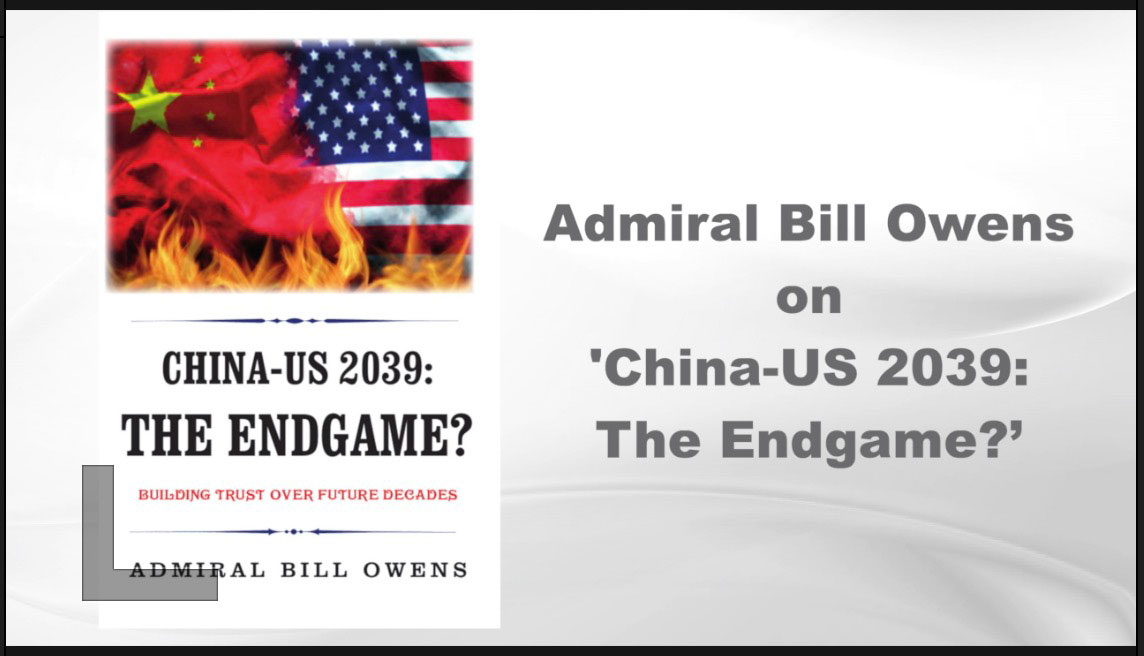Mickey Kantor has been described as the “finest negotiator in the world”, a skill and reputation he brought to his role as United States Trade Representative and as US Commerce Secretary. Those were the Clinton years, an era of extended economic prosperity. But roughly 25 years later, what does he think of the world today, and within that the changing dynamic of the US-China relationship? I’m James Chau, Host of The Pacific Dialogue. I spoke with Secretary Kantor on what happened to be a major day in the news.
James Chau:
Secretary Kantor, thanks very much for your time today. Just to timestamp this conversation, we're speaking a couple of hours after President Trump and his wife were tested positive for COVID-19. You're over in Los Angeles right now, I believe. How does it feel, that news? Does governance feel more fragile today?
Secretary Kantor:
Yes, of course, it feels more fragile when the President of the United States, a major leader in the world, comes down with COVID-19, and his wife as well. It sobers I think everyone as you look at this problem, which faces all of us, and requires more international cooperation and work we've even had in the past, with other issues. I'm deeply worried that given the current relationships, not just between the US and China, but among other nations, that worldwide cooperation is not at its peak right now. It's almost as fragile as COVID-19 itself.
James Chau:
It brings back memories of the 1990s, when you were serving in the Clinton Administration. At that time, of course, the disease then that was very much in the headlines was HIV and AIDS. And that shows us that a strong United States, and increasingly a strong United States and China working together, helps to serve and helps to improve the condition of humanity. Yet, we're not seeing that in an era of COVID-19. Is it too late do you think?
Secretary Kantor:
It's not too late, I would hope. I don't know if I can expect or you can expect the two nations to share their scientific and medical expertise, as well as results of certain kinds of policies that are put into effect, to try to begin to bring under control COVID-19. The US, of course, has had the most difficult experience of any other nation with this, about 22% of worldwide infections are in the United States although we're only 4% of the world's population. And about 23-24% of the deaths have been in the US. And so we are deeply concerned. I don't think the US has taken a leadership position in the way that we should, either internally or externally, and I believe that has contributed to some degree, I don't want to overstate it, but to some degree to the very difficult experience we've had here. And blaming by the way, I think China can take its share of the blame, but blaming China solely is not correct. Obviously, the COVID-19 infection experience came to the US from Europe, not from China. It may have started in Wuhan and then on to Italy and Germany, and on to the United States. But we all can take a share of the blame.
James Chau:
Very sobering thoughts as you said there, Secretary. Can we move now to discussions about China and the United States? It's increasingly being spoken of in terms of a "decoupling", that's been going on for several months now. President Trump threatening to sever all ties at one point. We've seen him severing ties with a number of multilateral organizations and agreements over the last couple of years. So, if that were to actually articulate itself, how would that change the global dynamic, far beyond the billions of people in the US and China together?
Secretary Kantor:
The US and China are the two most powerful nations on earth, and bear a tremendous responsibility to work together on various issues, in order to try to meet the challenges that we face. But I've got to say that I have been somewhat disappointed, I'm very disappointed in China over the last number of months, as well as the US as well. Let me just share equally my criticism. With China, what has happened in Hong Kong is a crackdown on pro-democracy demonstrators and pro- democracy movement in Hong Kong, it has been a deep disappointment to many in the United States and around the world. And I would hope that Beijing would rethink what they're doing in Hong Kong and what they have done. I think it hurt Beijing more than it hurts any other entity. The reason is that Hong Kong was so critical to Beijing in terms of its financial services industry in particular, as well as other industries in Beijing. What has happened with the Uyghurs, what has happened in Tibet, what has happened with, I think is a lack of strong influence on global warming in the environment in China, the loss of privacy and censorship in China, which has been a turnaround from where China has been over the last number of years. That is not to say the US has not had its own challenges. We have had too many restrictions on is visas, visa restrictions for Chinese business and government travelers, diplomatic travel, the closing of the [Chinese] Houston consulate was not helpful. Of course, China has closed the US consulate in Chengdu. The concerns in the US on Huawei, TikTok, etc. I don't think went through the usual process and investigation that we should do in the US before we make the kinds of decisions that have been made in those situations.
James Chau:
You've been described as one of the finest, if not the finest, negotiator of our times. what would you tell the Chinese side then in terms of refining their approach to the Americans in a language, in a way, that they can receive? But also, in a way that continues to promote China's interest, which, of course, is falling within its own rights?
Secretary Kantor:
Absolutely. I'm no longer in government, but when you are in government at the highest levels you have expect other nations to act in their own interest. Now, you hope you can find a common approach to critical issues. Let me just say that, this is just my view, my personal view, I believe that we should have invited China into the Trans-Pacific Partnership during the Obama administration. I thought it would have been tremendously helpful. And China, it appeared wanted in, and I thought at the same time we should have joined the Asian Development Bank, as China had invited us into that in order to strengthen this relationship in a way that gave us leverage over each other. Yet, that didn't happen. There was not large enough thinking on both sides to make that a reality. But it's not too late. It could happen today, if we wanted to do it. If we had the desire to do it, and we have frankly the vision to see what could work. Just because you make an agreement and let's say the US went back into the Trans-Pacific Partnership, China's invited back in, the US then agreed to join the Asian Development Bank. Without getting into US domestic politics, I think there is a possibility that after November 3rd, we will be able to make some progress. I hope so. I think there are people in Washington, in both political parties, who see this relationship as critical. It's the most important relationship between any two countries on the face of the earth, and that there needs to be a common agenda bill. You're right though, there are no perfect agreements, there are no perfect solutions. All you can do is take one step at a time and hope you're making progress. What about nuclear proliferation which continues to occur? The US and China have a tremendous interest in trying to do something about clamping that down and being able to control nuclear proliferation. We're not doing enough in that area as well. What about the transfer of data across borders and cyber security? People talking about now, having the democratic countries have their own agreement, and isolate China from it. Well, that would not be helpful, but I can see that happening just because people are so frustrated at this point.
James Chau:
As I hear you speak about nuclear proliferation, also about global warming, I'm reminded that you are a grandfather, I believe, to three grandchildren. So this is not just academic talk, but really looking into the future and trying to secure a future that is safe for us all.
Secretary Kantor:
I appreciate that, they are three wonderful young men, all of whom are pursuing or beginning to pursue their careers academically and in business. They're terrific guys. I'm very proud of them. But what kind of world that we are leaving for them? And what kind of platform are we building for them and their course their colleagues across the world, to try to addresses these problems?
James Chau:
I imagine if you could get all the good people in the world into a room at the same time and close the door, perhaps they'll be able to figure out the world's ills and be able to create the solutions we need.
Secretary Kantor:
I hope so. Hopefully, the noise of the conversation wouldn't drown out any positive things going on.
